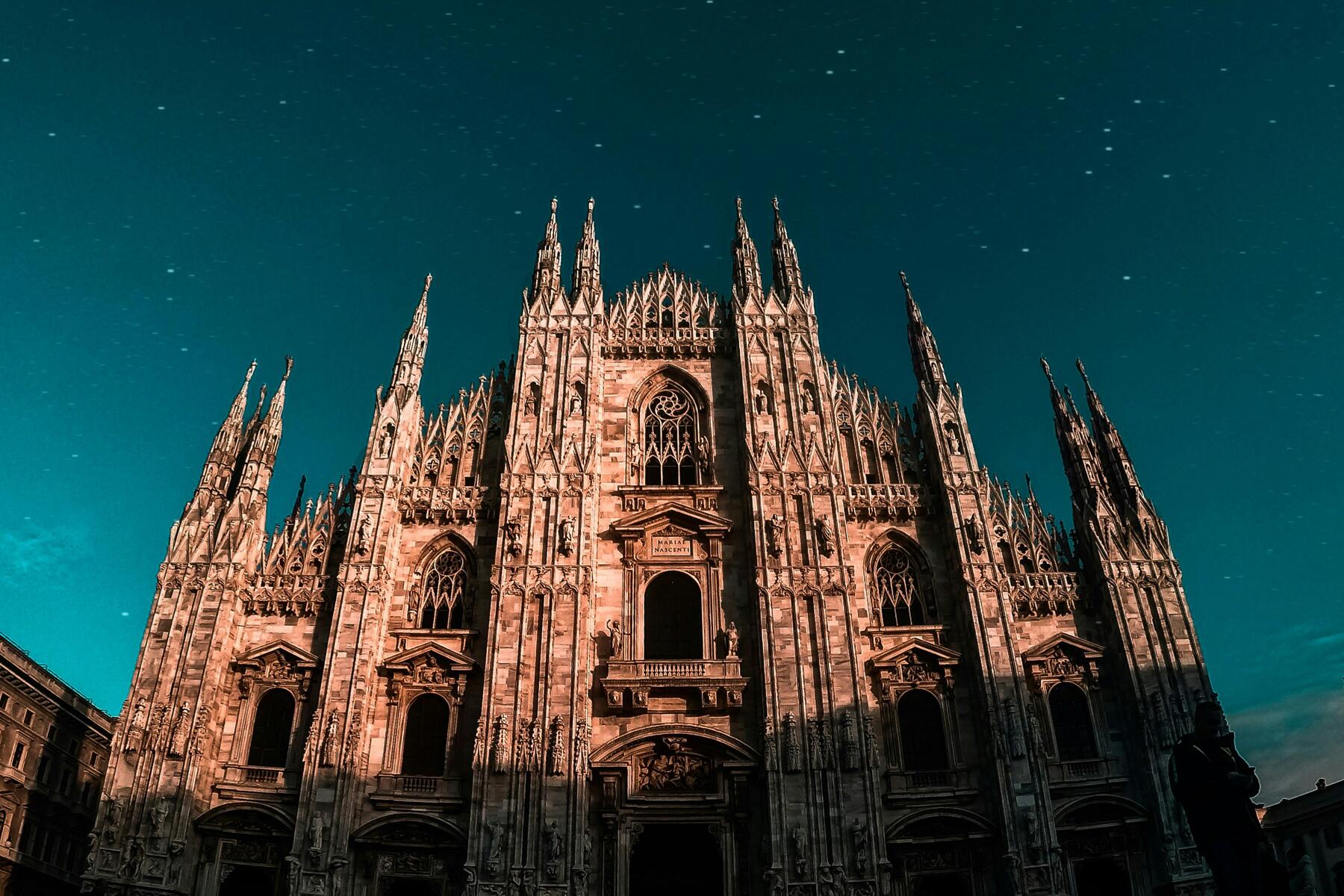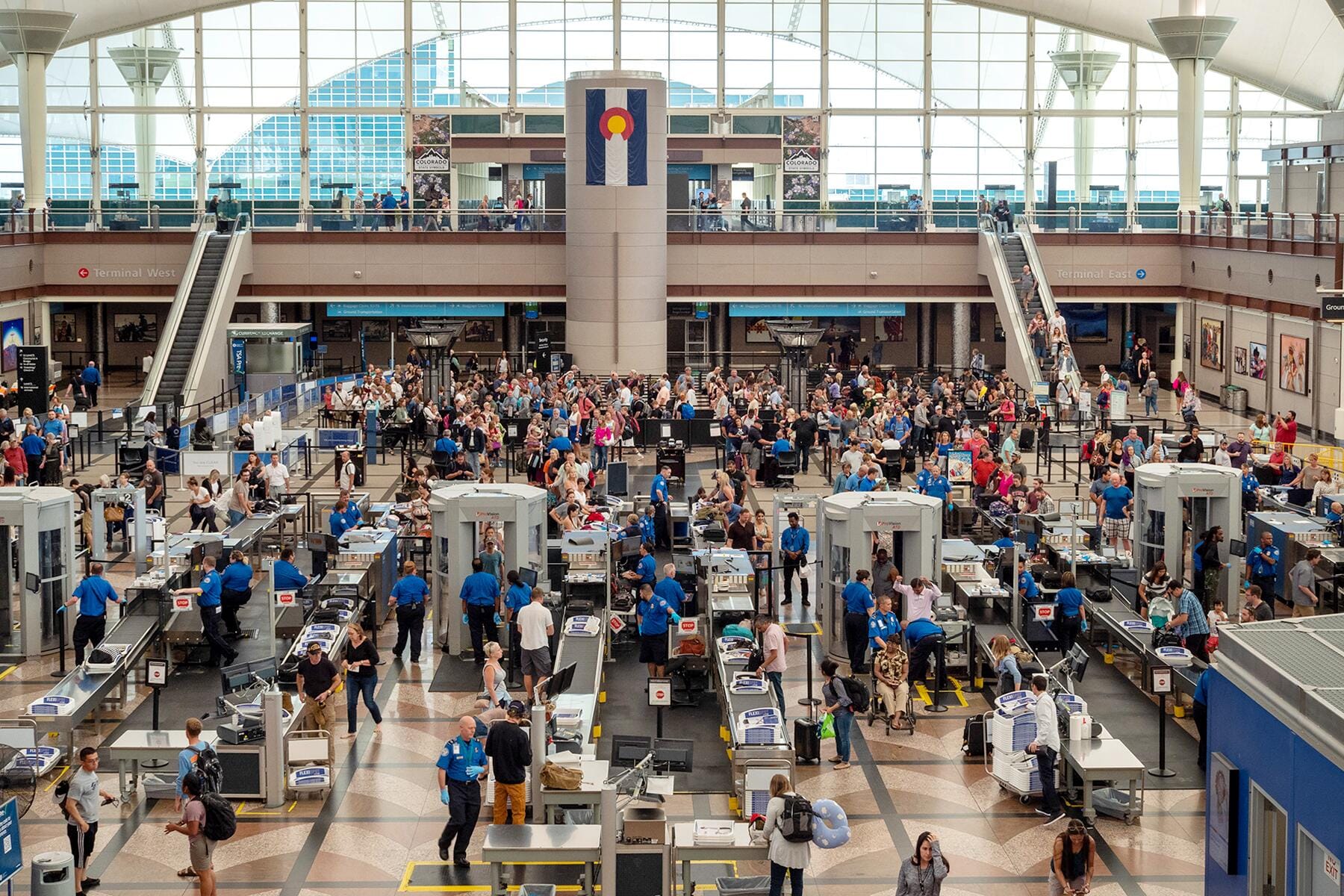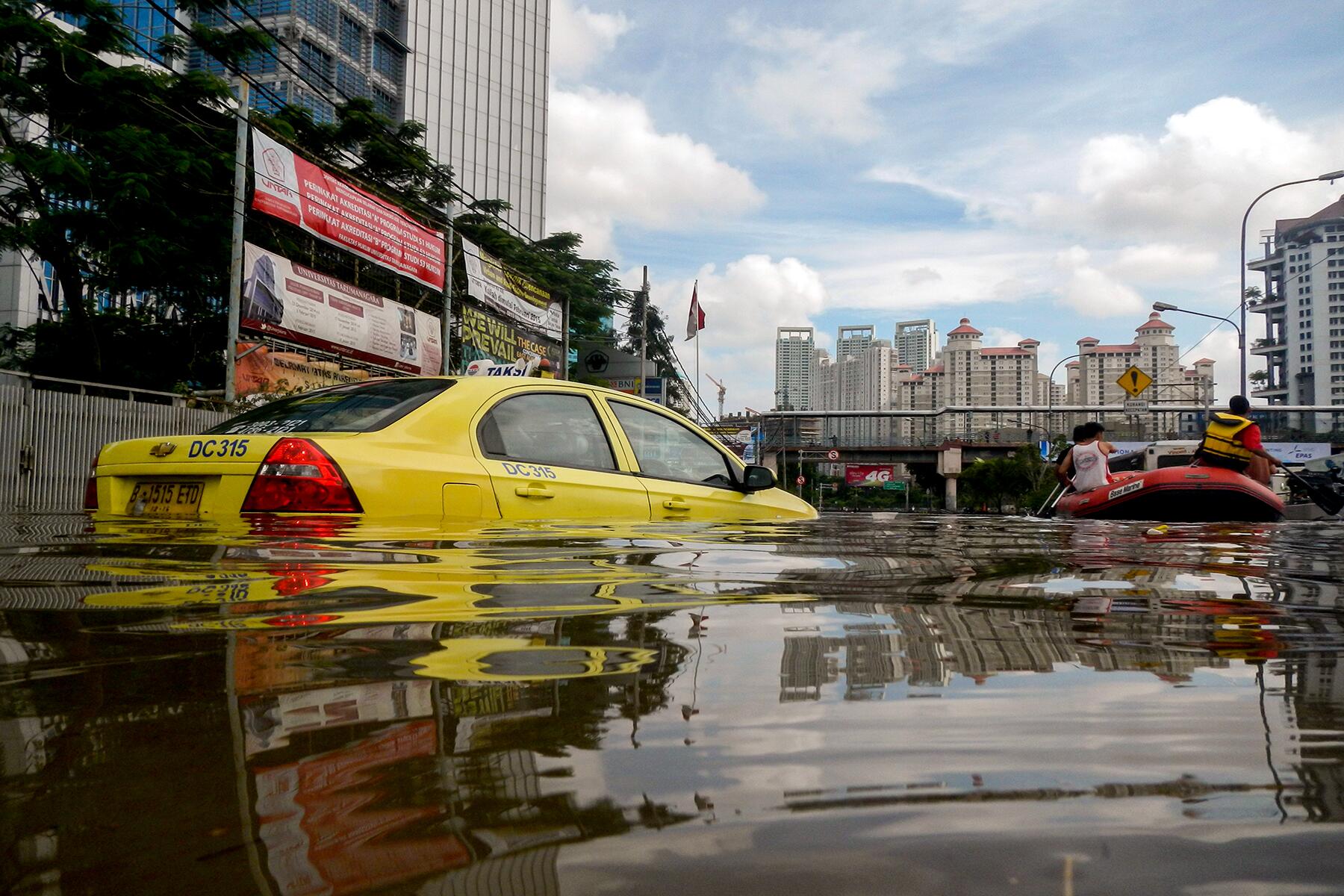An easy guide to making a dent in climate change.
According to a 2019 study, 20 fossil fuel companies have been responsible for one-third of all greenhouse gas emissions since 1965. Collective action—across domestic and international borders—is required to save a planet that’s burning due to human activity. But individual action is also a powerful tool that goes beyond laying off meat and carbon offsetting (though they are important too). If you are falling into climate change despair, know there are more ways to hold governments and companies accountable for a crisis that has entered our homes.
Note: This is a simplified action plan for a very complicated problem. The more you learn about it, the better you will be able to equip yourself.
Learn
What challenges will you and your neighbors face if the sea level rises? What’s your city council doing to mitigate these risks? Are bushfires in your city getting worse? What’s happening with the Paris Agreement, and what is your country’s commitment to it? What is the 1.5-degree target?
No matter where you live, it’s reasonable to expect that you have witnessed a natural disaster made worse by climate change. 2021 was another year of heatwaves, droughts, wildfires, floods, and storms in the U.S. According to the National Oceanic and Atmospheric Association, there were 20 devastating events in the country that caused upwards of $1 billion each in damages. The events also killed 688 Americans, a record number.
Recommended Fodor’s Video
That’s why it’s necessary to focus on what can be done—some cities are making policies to adapt to climate change, and activists stress that not all is lost.
In fact, there are several books specifically on the topic: All We Can Save, Climate Action Challenge, Under a White Sky, and Extreme Cities.
Related: Move Here Now! These 7 Cities Are Best Prepared For Climate Change
As a traveler, you can learn from initiatives you’ve seen in other cities and countries that may benefit your own. Iceland is a prime example. The country has shifted from fossil fuels to renewable energy successfully. Norway, too, has invested heavily in clean energy and gets 97% of its electricity from hydropower. Small community initiatives everywhere you go—from coral reef conservation programs in the Maldives to anti-poaching rangers in African countries—can change perspectives and help you see the world in a new light.
Talk
It’s not enough to be aware. Have discussions with your neighbors, friends, family members, and co-workers. Not everyone will be on the same page, and that’s fine, but the more you engage, the more you (and they) learn facts.
According to a Yale study, a majority of Americans are worried and concerned about climate change. But according to surveys, just 35% are talking about it regularly. You don’t have to be an expert on the subject to start a discussion. Discuss what concerns you, initiatives you are taking, or your positions on government policies. Conversations will keep the momentum going and can help promote political intervention.
Social influence also motivates people to make different decisions (more on this later), so talk about it at parties, post about your small steps on social media, and inspire others. Yes, there will be climate deniers and misinformed people who won’t change their minds. You can use these strategies to navigate through difficult conversations with them.
Do
An American emits 16 tons of carbon per year. That’s one of the highest in the world—the global average is 4 tons. However, not everyone has the same carbon footprint. For example, people who eat more beef or travel more add more carbon to the atmosphere. A study recently reiterated that the rich are responsible for most of the emissions: 10% of the world’s wealthiest are responsible for 47% of the emissions.
So, it’s important to understand that people have limitations. Not everyone can install solar panels in their homes or stop driving to work if their livelihood depends on it. Do what you can with compassion for yourself, others, and the environment. Sometimes, it may feel like our little changes are not making a difference. Moderating meat consumption, reducing food waste, recycling and upcycling, buying energy-efficient products, taking fewer flights, and driving less are all thoughtful decisions. Consumer trends change markets, and it motivates others to make similar choices. An online survey showed that people who knew someone who had stopped flying due to climate change flew less.
You can also invest in companies that have climate goals and are reducing their emissions. Disinvesting from polluters is a choice you can make as a consumer. Money is a powerful way to make yourself heard, so spend it on businesses, companies, and people who realize how vital climate action is.
Of course, you can also volunteer and donate. Sierra Club, Sunrise Movement, Climate Emergency Fund, and Climate Justice Alliance are some organizations to consider.
Vote
How involved are you in your local politics? Do you attend town halls and vote for the candidate, not the party? Federal policies take time and effort, but you can vote for your local leaders and hold them accountable for community-level changes. Better public transportation, clean energy sources, energy-efficient homes, and mitigation and disaster management are policies at city and state levels. Plus, you have much more access to your local representative, who decides if the public transportation system needs more buses or if your neighborhood would benefit from rainwater harvesting. They can also get it done in less time than it takes to pass a federal bill. For instance, if air quality is deteriorating, a mayor can introduce environmental policies (such as cycling lanes, electric buses, and green spaces) and allocate funds to initiatives that make the city more liveable.
And it does happen.
New York passed Local Law 97, which requires buildings—that account for 71% of its emissions—to cut 40% of emissions by 2030 and 80% by 2050. This is part of the ambitious Climate Mobilization Act that the city council passed in 2019. State laws are also customized to tackle local challenges. In California, the major source of greenhouse gases is transportation, with a 41% share in the pie, so the state has strict vehicle emissions standards.
From governors to secretaries of state to mayors, there are many elections at the local level that you should be aware of and participate in. Ask your leaders specific questions about their climate policies. Write them letters and phone them to show support for a bill. Demand action as a citizen. While the poorest will be most impacted by climate change, no one will be spared by rising sea levels and increasing global temperatures.




The problem with climate change, the unrecognised problem, is that the general population is not responding in a coherent manner to oft repeated and increasingly strident warnings.
And it is not just warnings; even the most striking examples of its impact today; the destruction of the rain forests, the melting of glaciers and ice caps, the bleaching of the great coral reef in Australia, forest fires, droughts, and foods, all these are having little impact on public opinion. But why is this happening ? One organisation has an answer, check out "Stop Selling the Desert".